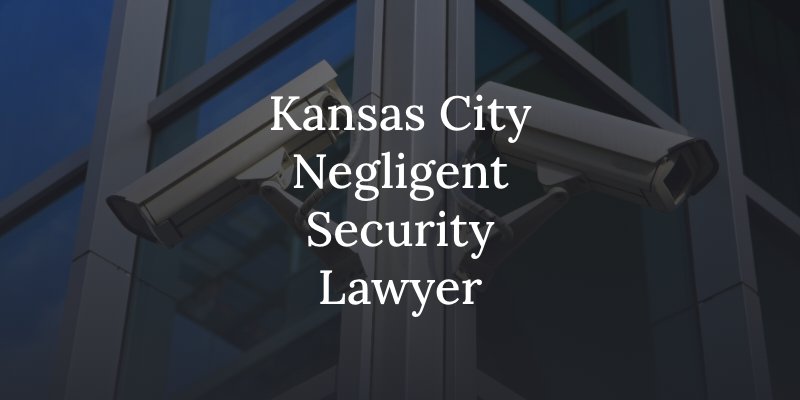Kansas City Negligent Security Lawyer
Request Free ConsultationViolent assaults are crimes, punishable by law enforcement. However, while the criminal justice system focuses on punishing the wrongdoer, it’s the civil courts that provide a means of compensation for the victims of violent assaults if the assault was preventable with reasonable security measures. While people commonly consider premises liability claims to refer mainly to slip-and-fall accidents, a Kansas City negligent security lawyer may be able to hold a property owner liable for your injury damages if their failure to take adequate security measures contributed to the attack.

Why Choose Us as Your Kansas City Negligent Security Attorneys?
At Miller & Hine, we understand the deep emotional trauma injury victims suffer after a violent attack, as well as the pain of physical injuries. By choosing Miller & Hine as your negligent security lawyers, your case has advantages such as the following:
- Our over 50 years of combined knowledge, experience, and resources will be working behind your case
- We know that no two cases are the same, so we tailor a strategy that’s the best way forward for the maximum compensation available under the unique circumstances of each case
- We investigate all aspects of the assault to prove liability and provide access to the best medical experts to make a compelling case for your damages
Our Kansas City personal injury attorneys offer injured clients a free, confidential consultation and only take payment for our services at the end of the process, after we’ve recovered compensation.
What Types of Assaults are Seen In Kansas City Negligent Security Claims?
Property owners must take all reasonable measures to avoid safety hazards to those lawfully on the property. This legal duty of care is more than just a requirement to prevent slip-and-fall accidents or pool injuries. It also means a property must have sufficient security measures in place to prevent violent assaults. An assault is an act of physical violence against a person by an attacker. This could include the following:
- Robbery or mugging
- Sexual assault/rape
- Assault and battery
- Assault with a deadly weapon
- Shootings
- Murder
- Arson
- Kidnapping
- Hate crimes
- Stalking
If a property owner’s unreasonable lapse in security facilitates a violent crime on their property, the injury victim may be entitled to damages.
When Is a Property Owner Liable for the Damages After an Assault?
Just as the owner of a commercial property like a store, hotel, night club, or restaurant must quickly mop up spills or repair a broken step to prevent injuries from occurring to those they invite onto the property for commercial business, they must also provide adequate security measures to keep customers or patrons reasonably safe. Examples of common security measures include the following:
- Adequate lighting for parking lots and walkways
- Locks, gates, and other access control systems
- Perimeter security, such as fencing
- Alarm systems
- Surveillance systems
- Security cameras
- Employee training on emergency protocols
- Secure windows and doors
- Security guards
Property owners should regularly inspect their property to perform risk assessments and then take prompt action to address weak points in their safety protocols. If a property owner could reasonably foresee that an assault might occur due to a fault in the property’s security and fails to provide sufficient security to prevent an attack, the owner is liable for damages. Common damages in Kansas City premises liability claims include medical expenses, lost wages, and compensation for pain, suffering, and emotional trauma. Compensation in these cases is typically paid through the owner’s commercial liability insurance.
Call the Kansas City Negligent Security Lawyers at Miller & Hine
Don’t take on the distress of a legal endeavor while still dealing with the emotional trauma and physical impacts of the attack. Instead, call the negligent security attorneys in Kansas City who will prioritize your best interests throughout the process of your claim.

